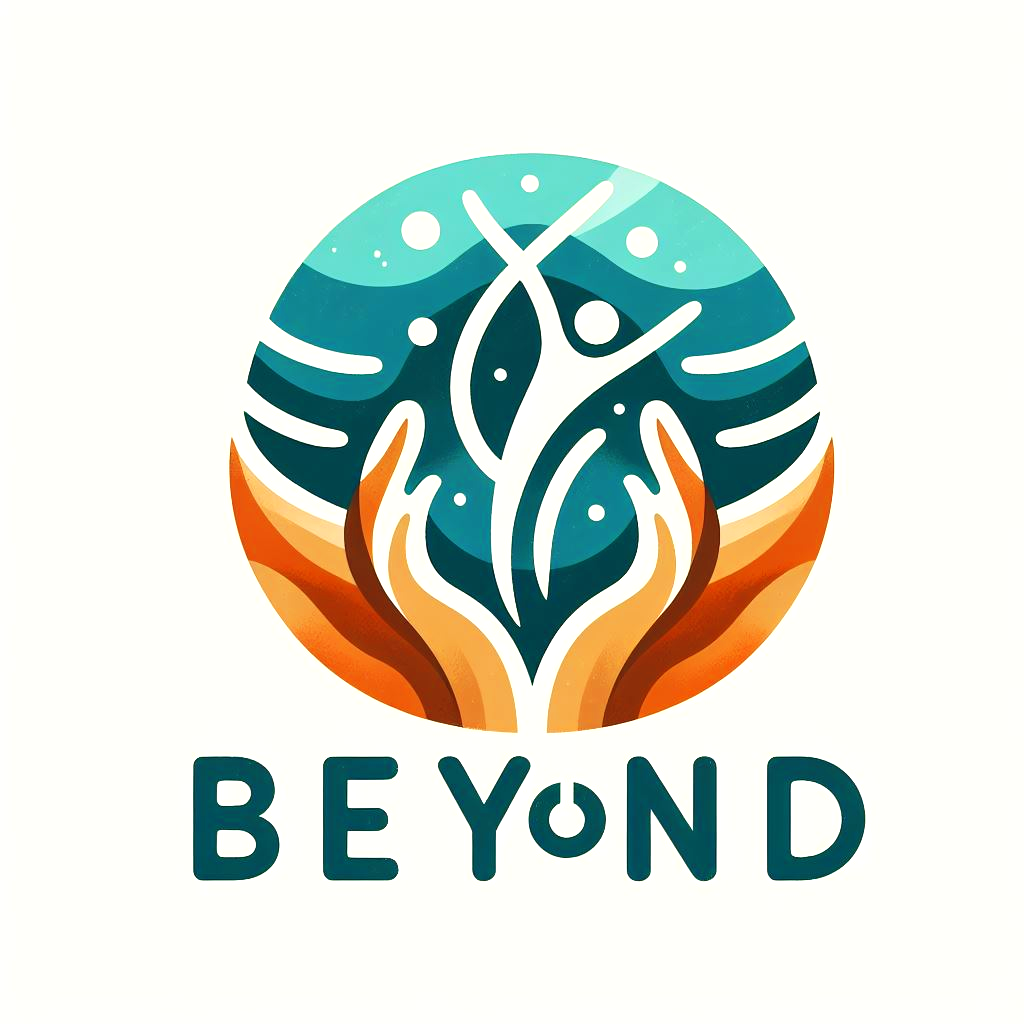Building Bridges for Youth Inclusion in Rural Ireland - Insights from the BEYOND Project

During 2024, Blackwater Training & Consulting undertook in-depth research and consultation across Cavan and Meath as part of the BEYOND – Building Bridges: Empowering Youth, Nurturing Determination project, co-funded by the European Union under the Erasmus+ programme.
The BEYOND project, coordinated by Generation for Change CY (Cyprus) with partners Foundation Situational Center Open Doors (Bulgaria) and Blackwater Training (Ireland), set out to explore the lived realities of young people aged 14–30 who experience social, economic, or geographical disadvantage. The Irish research and resulting roadmap were designed to identify key challenges, gather youth perspectives, and co-create targeted interventions to promote resilience, inclusion, and wellbeing.
Understanding Local Realities
Between April and July 2024, Blackwater Training engaged with over forty young people through surveys, focus groups, and interviews, supported by a comprehensive review of national literature and youth policy. The fieldwork included participants from both local Irish communities and young Ukrainian refugees who had recently arrived in Ireland.
The findings revealed a consistent set of barriers facing rural youth. Many participants reported social isolation due to limited access to transport, a shortage of inclusive social activities outside sport, and few opportunities to connect with others in their area. The absence of safe, welcoming spaces for young people to gather was highlighted as a major concern, alongside the growing impact of mental health challenges such as anxiety, loneliness, and low motivation.
For migrant and refugee youth, language barriers and uncertainty about education and employment pathways compounded these difficulties. Participants expressed a clear need for accessible English language training linked to real-life employability skills, as well as more structured opportunities to participate in local community life. Across both groups, young people spoke of the desire to feel valued, connected, and supported in rural Ireland.
For Ukrainian and other migrant youth, the need for language support and pathways to employment was particularly acute. Participants described a desire to learn English for both social connection and career progression, but also expressed frustration at the lack of tailored programmes linking these two areas.
Developing the Roadmap
Drawing from this evidence, the Ireland Intervention Roadmap outlines three practical, interconnected responses designed by and for young people. The first addresses the urgent need for meaningful social interaction and proposes regular, community-based activities that combine creativity, sport, and cultural exchange. By using accessible local spaces such as libraries, GAA clubs, and community halls, these social initiatives aim to reduce isolation and strengthen community cohesion. They also encourage youth leadership through the creation of youth councils and peer-led groups, ensuring that young people are involved in planning and decision-making.
The second intervention focuses on bridging the gap between language learning and employment. It proposes a flexible and practical training model that integrates English language development with essential job readiness skills such as CV preparation, interview practice, workplace communication, and understanding employment rights. The programme is designed to be community-based, with mentoring, peer learning, and intercultural awareness built in, allowing migrant youth to build confidence while gaining the tools needed to access meaningful work and participate more fully in Irish society.
The third intervention introduces the concept of Community Hubs – inclusive, youth-friendly spaces offering a combination of drop-in sessions and structured activities. These hubs would provide safe, non-judgemental environments for young people to relax, socialise, study, or engage in creative workshops. They also offer an opportunity for youth leadership, as young people help shape activities, manage spaces, and contribute to the overall design of their community's social infrastructure. The model is intentionally flexible, allowing hubs to adapt to seasonal needs, such as offering quiet study zones during exam periods or hosting cultural and wellbeing events at weekends.
A Participatory and Evidence-Based Approach
Each of these interventions was developed through a co-creative process that placed young people at the centre of decision-making. Consultations were conducted not only with youth participants but also with local stakeholders, including Family Resource Centres, GAA clubs, development associations, educators, and migrant-led groups, ensuring that the proposed actions align with real community capacities and needs.
The roadmap emphasises inclusivity, sustainability, and partnership. It recognises that effective youth work in rural areas depends on collaboration between government agencies, education providers, community organisations, and civil society. It also highlights the importance of capacity-building for professionals and volunteers, particularly in areas such as trauma-informed practice, cultural awareness, safeguarding, and youth mental health.
What We Learned
The process of developing the roadmap reinforced several key lessons. First, that rural youth face many of the same challenges as their urban peers but with fewer local supports. Second, that young people are both willing and capable of identifying practical, creative solutions when given the space to be heard. And third, that community-based, low-cost interventions – particularly those focused on social connection and personal development – can have a transformative impact on wellbeing and inclusion when implemented in a structured, supported way.
Next Steps
The publication of the Ireland Intervention Roadmap marks a significant step forward in understanding the specific integration and wellbeing needs of at-risk youth in rural Ireland. Blackwater Training will now work with regional and national partners to test and scale these interventions through pilot actions in 2025–2026.
We will focus on securing local and European funding to establish demonstration projects, develop volunteer training frameworks, and embed the interventions into existing community and education structures. Our goal is to build a collaborative model that connects policy, practice, and lived experience – ensuring that every young person, regardless of background or location, has access to supportive spaces, opportunities, and pathways for growth.
📍 Co-funded by the European Union under Erasmus+ (Project No. 2023-3-CY02-KA210-YOU-000171449)
